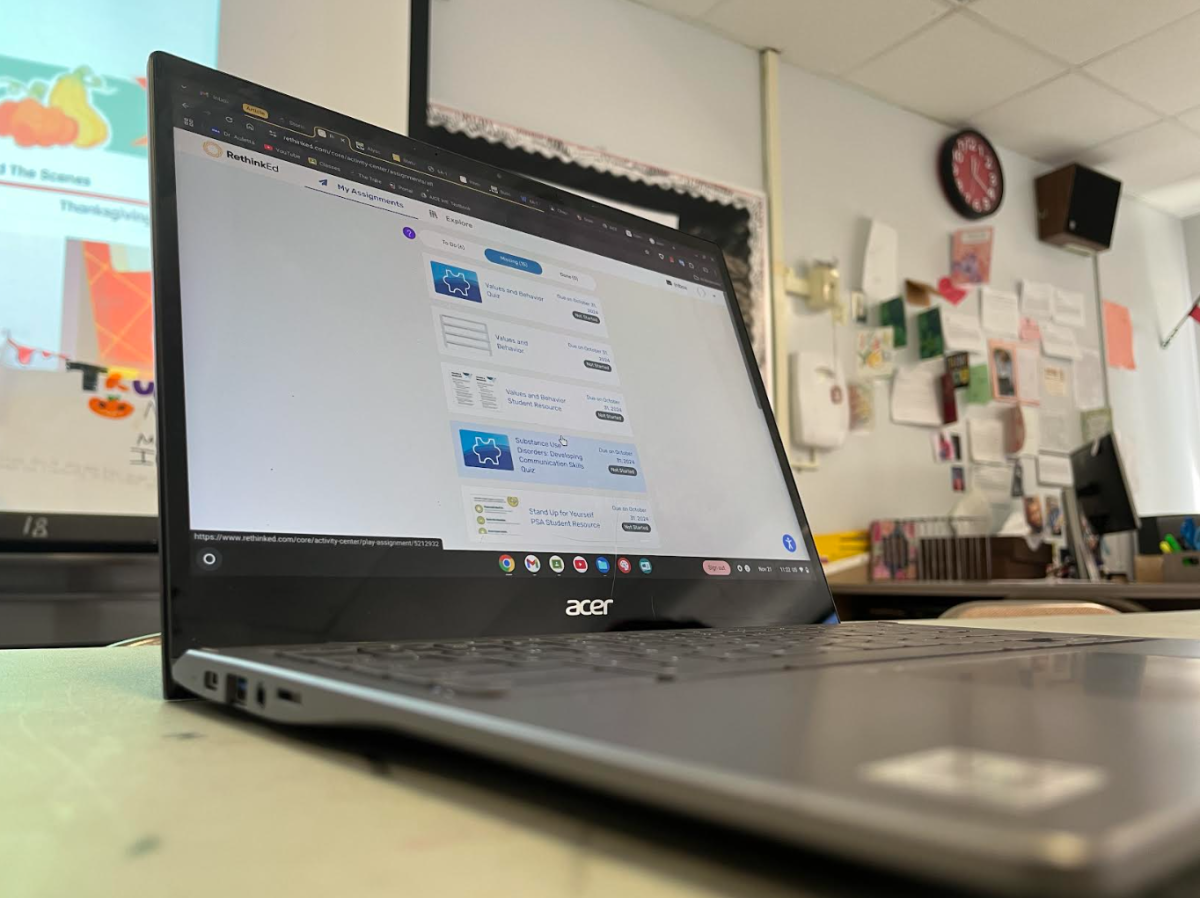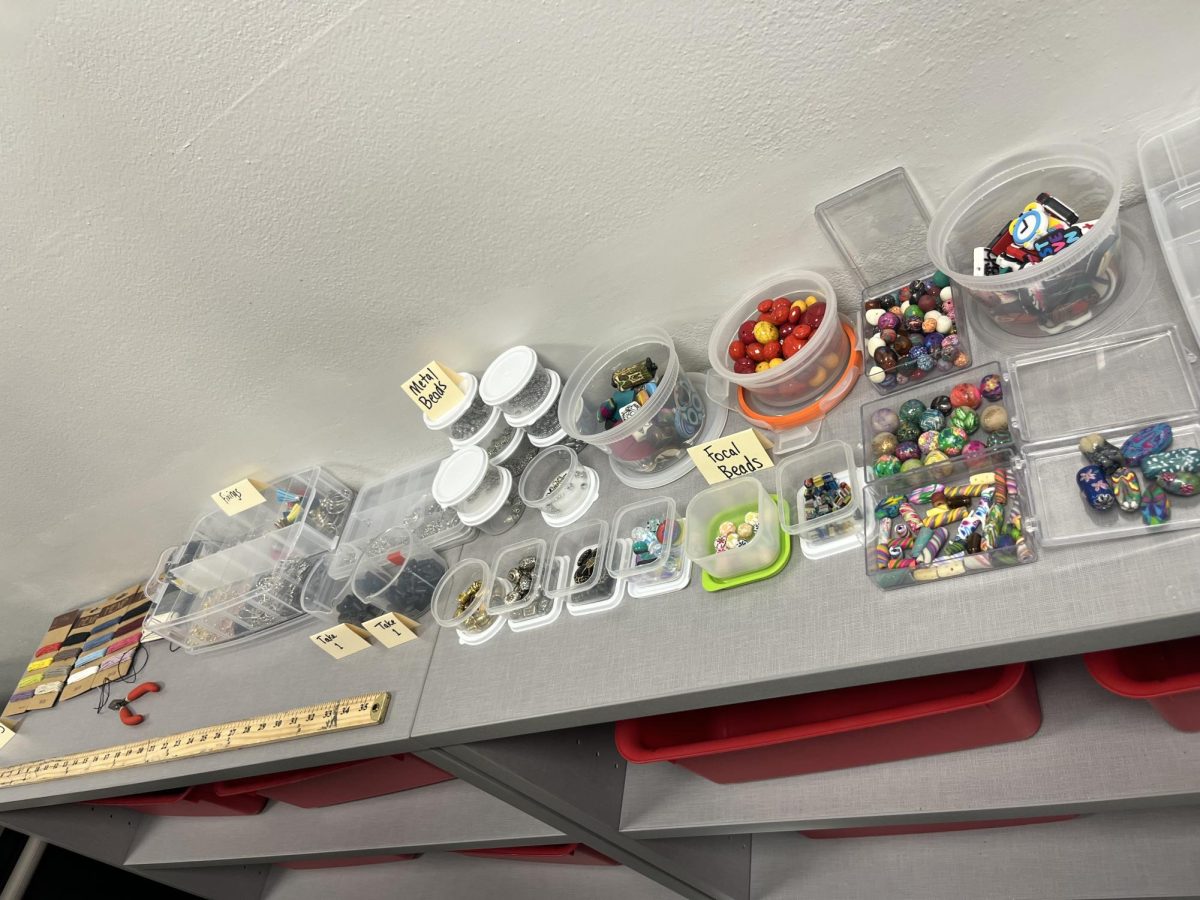This past Thursday the Federal Communications Commissions (FCC) voted to end net neutrality. This controversial decision repeals the Obama administration’s action that protects consumers and their access to the Internet’s content. So what exactly is net neutrality and how does it affect a high school student?
Net neutrality is the principle that all information on the web is on an equal playing field. Internet service providers (ISPs) can not favor one media outlet over another by slowing down your access to it or blocking it all together, basically everything on the internet is “neutral.” Think of it this way: if you have Xfinity as your ISP you can choose to use Netflix, Hulu or even a start up streaming company with the same amount of speed and access. Even if Xfinity and Netflix had a partnership they couldn’t stop you from using another site. Net neutrality regulates this and makes sure ISPs treat access equal between these content providers. But with the repeal the way we all use the internet and communicate could change.
The FCC’s decision to get rid of net neutrality gives ISPs influence over what you see and how quickly you see it. Big companies like Google, Amazon, and Facebook will have to pay premiums to ISPs to get their sites more accessible and running faster. ISPs can pick what companies they want customer to use and block the ones they don’t want. But the biggest factor in this is money; the big business can pay the IPSs to boost their content and deny access to their competitors and even smaller start ups.
Now that you see how net neutrality affects businesses, what about you? The extra costs from the ISPs could fall on consumers like you. So you’ll probably see an increase in your Netflix monthly bill to keep up with ISPs demands so you can continue using their services. Or you could be charged fees to use sites like Google, which so many high schoolers use for homework and research. Imagine having to pay fees just to complete an assignment when not everyone has the extra expenses to pay for things like this. You can also expect slowing connection and decrease in quality of some sites.
“It’s stripping people of their freedom; if you’re already paying for internet you should be able to browse whatever site you want. Its just another was for them [ISPs] to make more money off of us,” said Junior George Limage.
The opposing arrangement is that unregulated business will eventually yield innovation and help the economy but others believe its just a way to keep big business big and suppress smaller ones. Some states, including New York, have filed a lawsuit against the FCC. However, it will take a while before we see the return of net neutrality.








